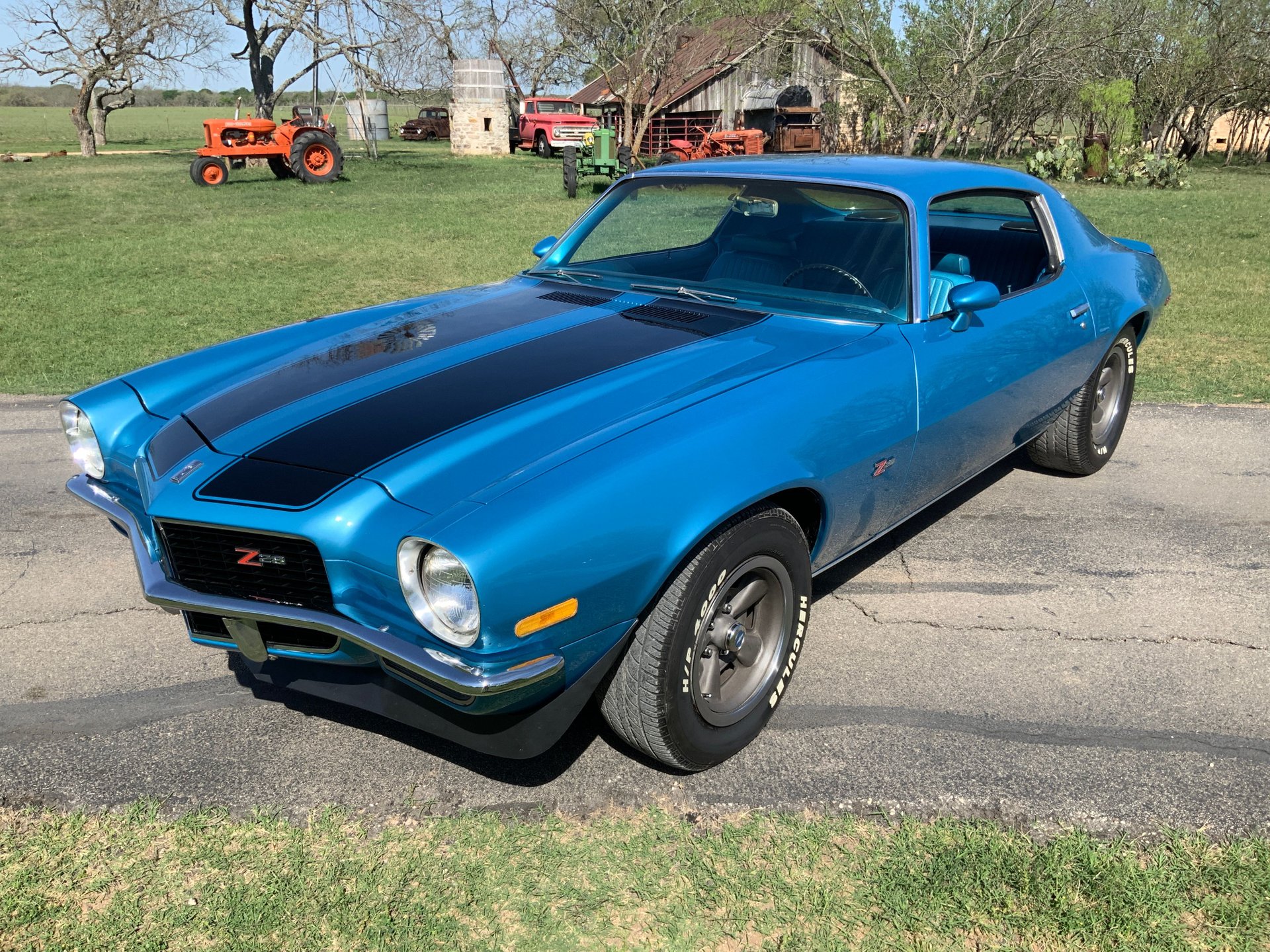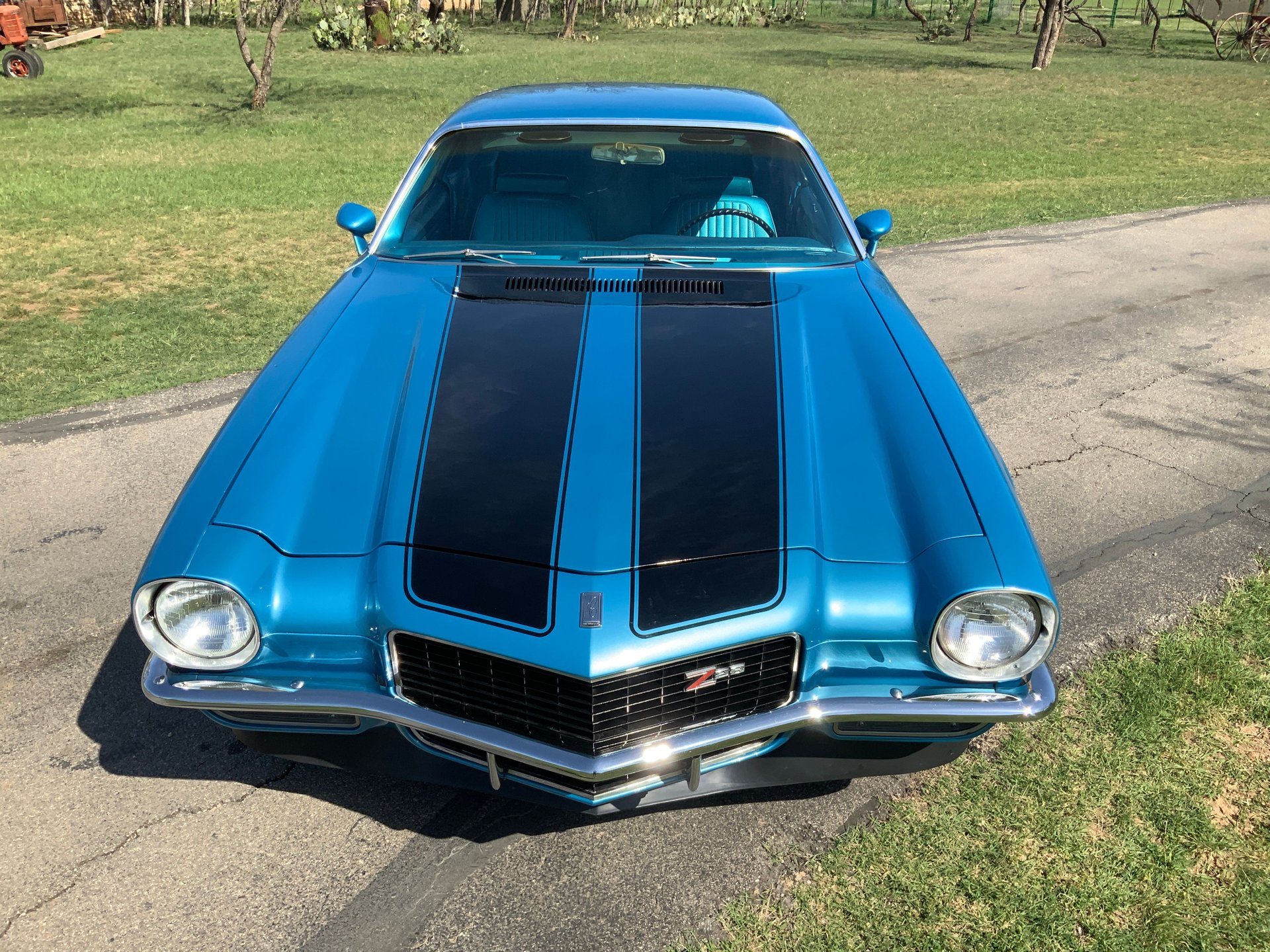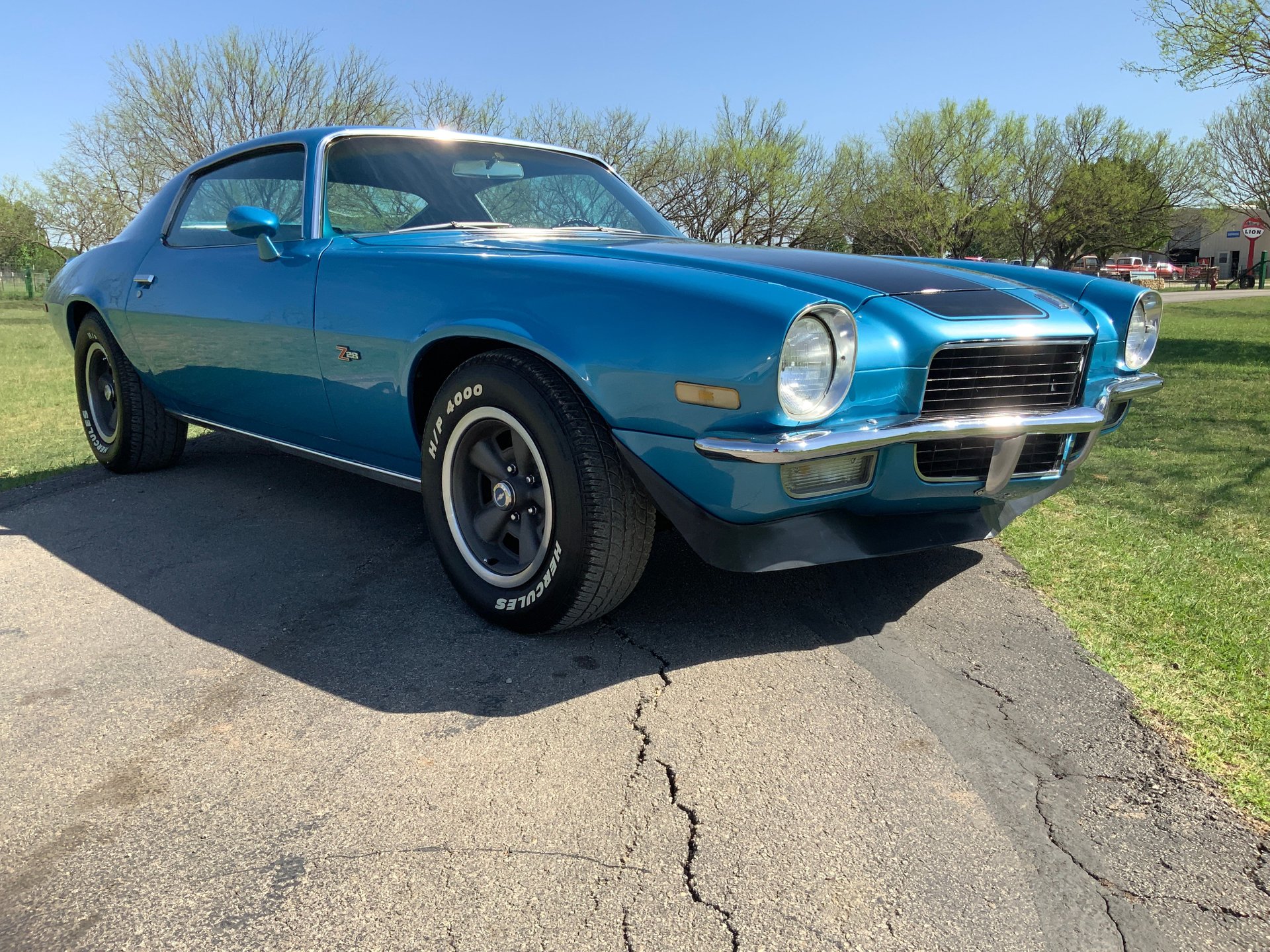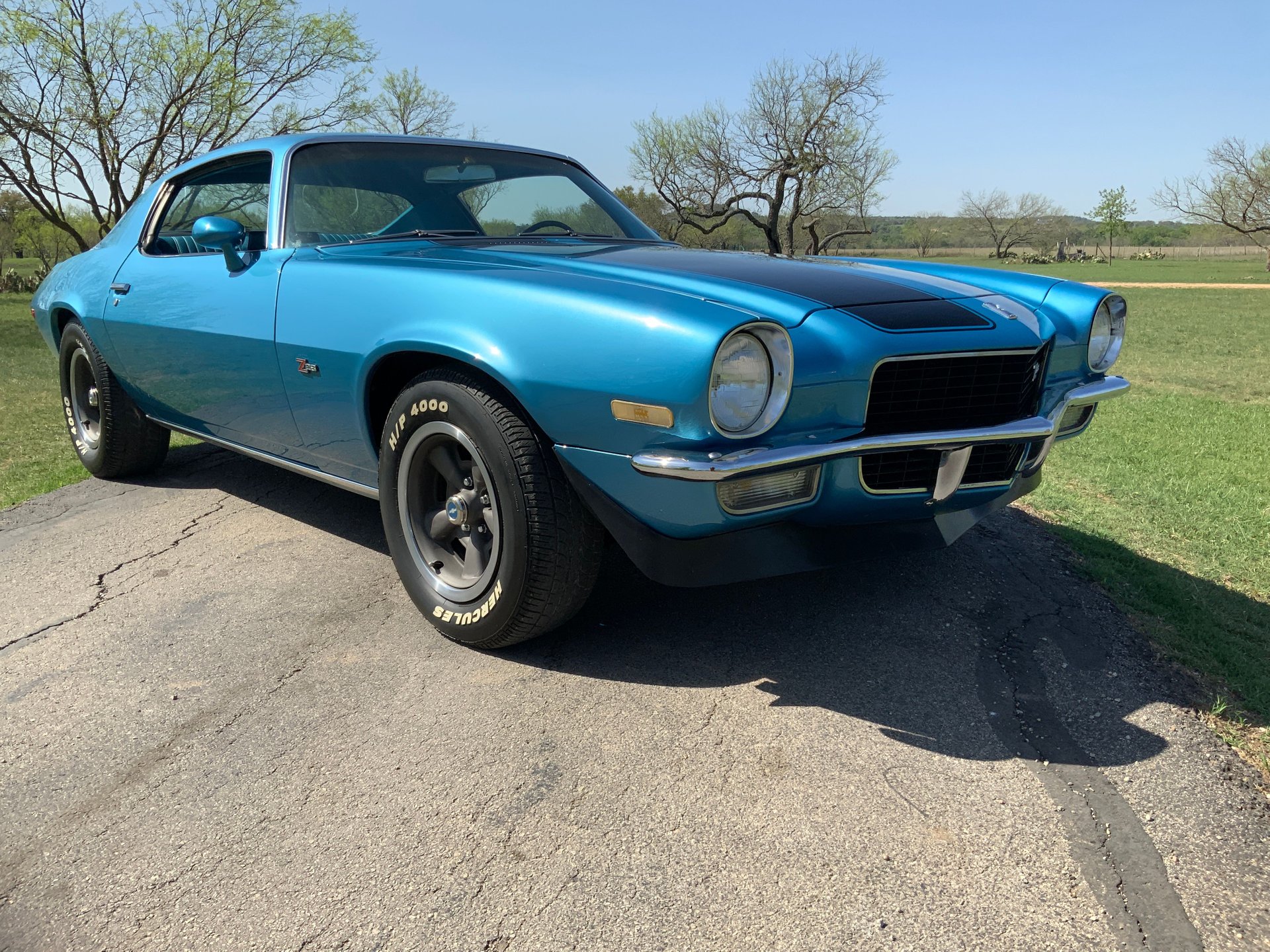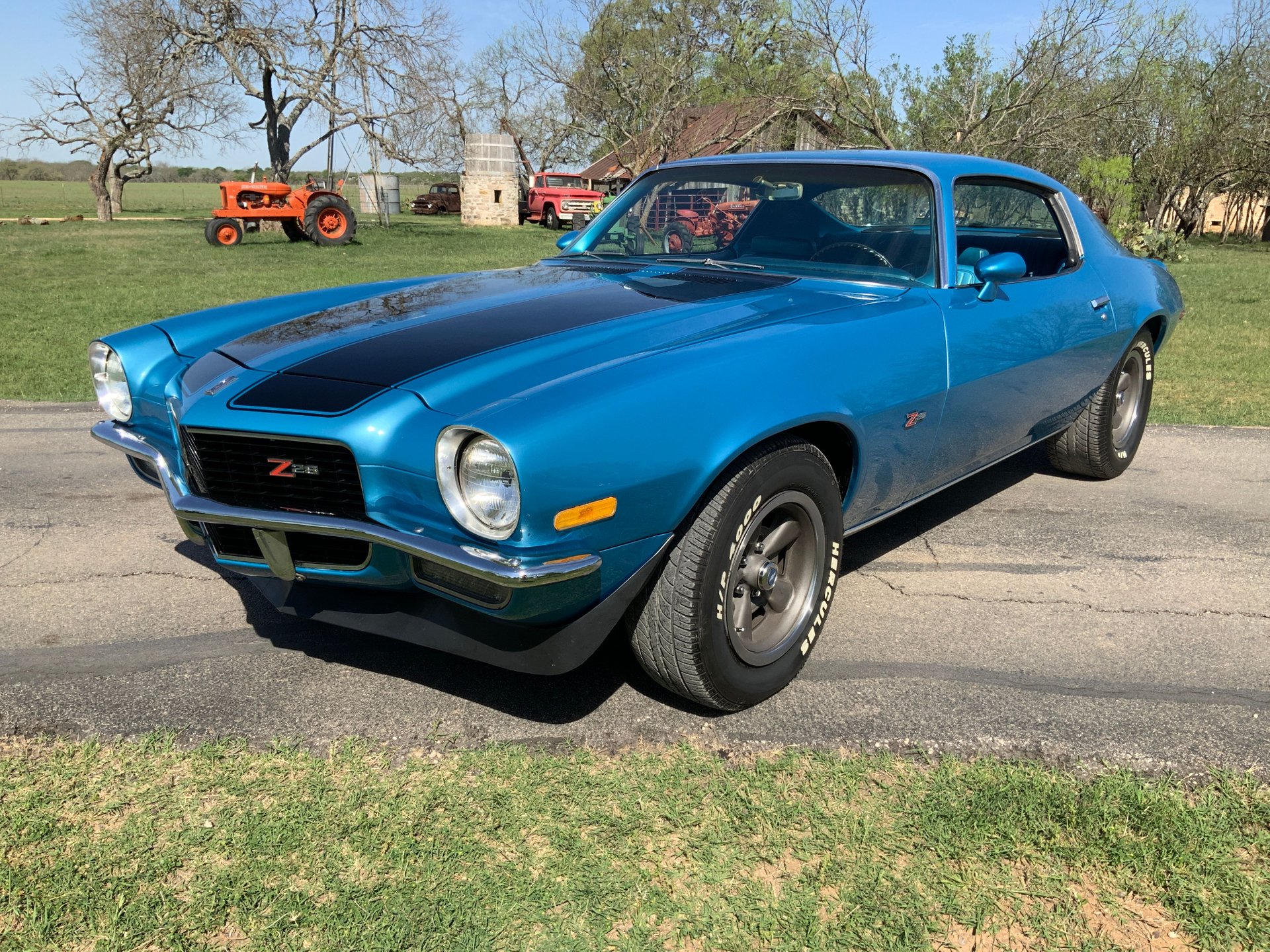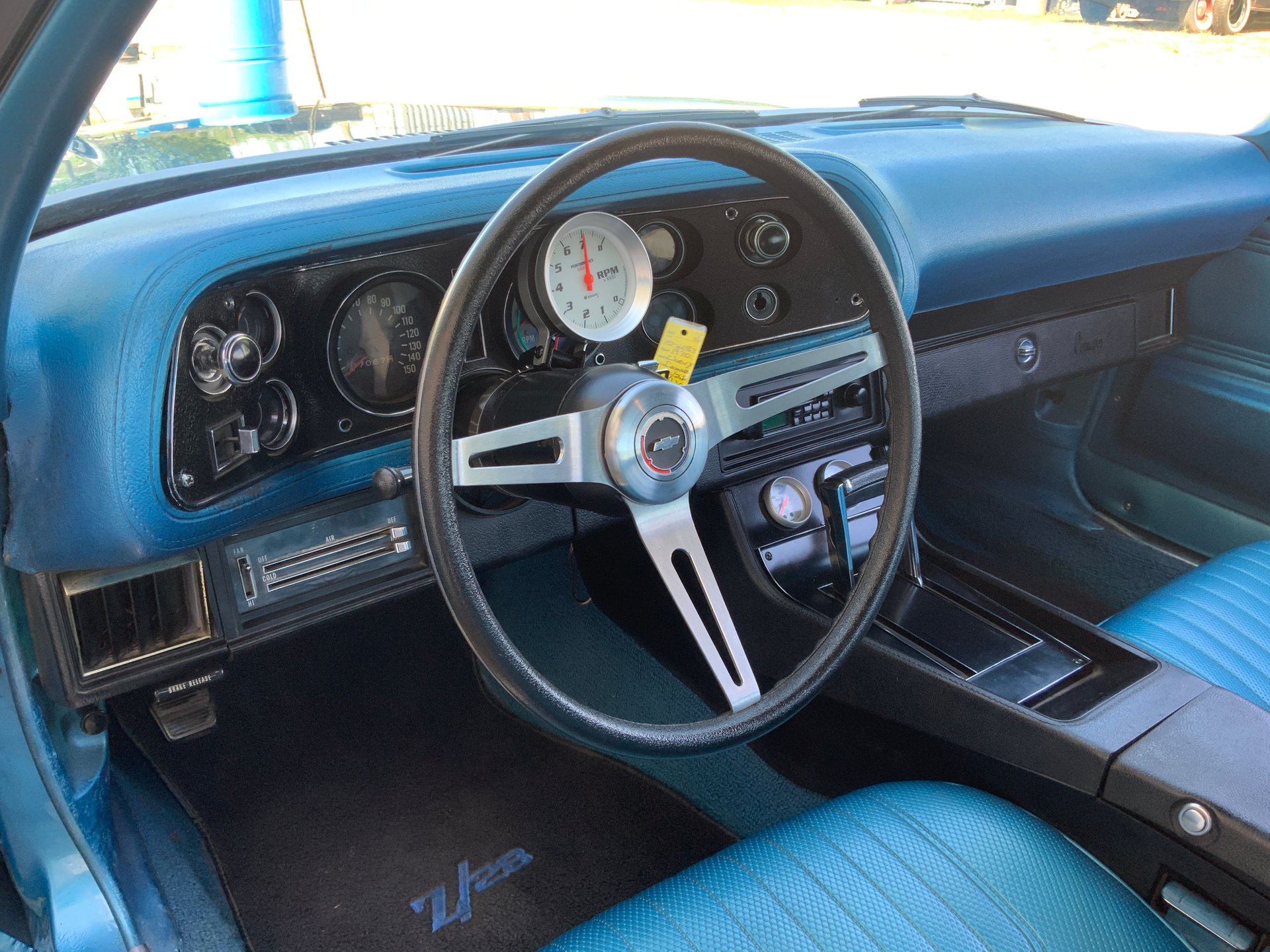Introduction
In the world of classic American muscle cars, few names resonate as strongly as the 1970 Chevrolet Camaro Z/28. This iconic vehicle, with its powerful V8 engine and distinctive design, has captured the hearts of car enthusiasts for generations. In this article, we will take a deep dive into the history, specifications, and enduring appeal of the 1970 Chevrolet Camaro Z/28.
The Birth of a Legend
1. The Camaro’s Genesis (H1)
The story of the Camaro Z/28 begins with Chevrolet’s desire to compete with Ford’s wildly successful Mustang. In 1966, Chevrolet introduced the Camaro as a direct response to the Mustang, igniting a fierce rivalry that continues to this day.
2. Evolution of the Z/28 (H2)
The Z/28 designation made its debut in 1967, marking the birth of a high-performance Camaro. However, it wasn’t until 1970 that the Z/28 truly came into its own.
Unleashing the Power
3. The Heart of the Beast (H2)
At the core of the 1970 Camaro Z/28 was its potent engine. Under the hood, you’d find a 350 cubic-inch V8 that delivered a remarkable 360 horsepower. This powerplant was a game-changer for the muscle car world.
4. Precision Handling (H2)
To complement its impressive engine, the Z/28 featured a specially tuned suspension, quick-ratio steering, and performance tires. These enhancements gave it unparalleled handling, making it a formidable contender on both the street and the track.
Aesthetic Excellence
5. Striking Design (H2)
The 1970 Camaro Z/28 boasted a bold and distinctive design. With its split front grille, wide stance, and signature racing stripes, it had an unmistakable presence on the road.
6. Interior Comfort (H2)
Inside the Z/28, drivers and passengers were treated to a comfortable and well-appointed cabin. Bucket seats, a sporty steering wheel, and a unique instrument cluster created an immersive driving experience.
Enduring Popularity
7. Pop Culture Icon (H2)
Over the years, the 1970 Camaro Z/28 has become a symbol of American muscle car culture. It has appeared in countless movies, TV shows, and video games, solidifying its status as a pop culture icon.
8. Collector’s Dream (H2)
Today, finding a well-preserved 1970 Camaro Z/28 can be a challenging task. These cars are highly sought after by collectors and enthusiasts, driving up their value.
The Legacy Lives On
9. Modern Interpretations (H2)
Chevrolet has paid homage to the Z/28 legacy by releasing modern versions of the Camaro Z/28, featuring even more power and advanced technology.
10. Car Club Communities (H2)
Car enthusiasts continue to celebrate the 1970 Camaro Z/28 through dedicated car clubs and events, ensuring that its legacy endures for generations to come.
Conclusion
The 1970 Chevrolet Camaro Z/28 is more than just a car; it’s a symbol of American automotive excellence. Its powerful engine, striking design, and enduring popularity have solidified its place in the pantheon of classic muscle cars. Whether you’re a die-hard enthusiast or simply appreciate automotive history, the Z/28 is a legend that will never fade.
FAQs
1. How many 1970 Camaro Z/28s were produced?
- Approximately 8,733 units were produced in 1970.
2. What makes the 1970 Z/28 engine special?
- The 350 cubic-inch V8 engine featured high-performance components that delivered exceptional power and responsiveness.
3. Are there any rare variants of the 1970 Z/28?
- Yes, the 1970 Camaro Z/28 featured the rare LT1 engine option, known for its high-revving capabilities.
4. What is the significance of the racing stripes on the Z/28?
- The racing stripes were not just for aesthetics; they were a homage to the Z/28’s racing heritage and were available as an option to buyers.
5. Can you still buy a 1970 Camaro Z/28 today?
- Yes, but they are highly sought after by collectors and can be quite expensive. It’s essential to thoroughly research before making a purchase.
